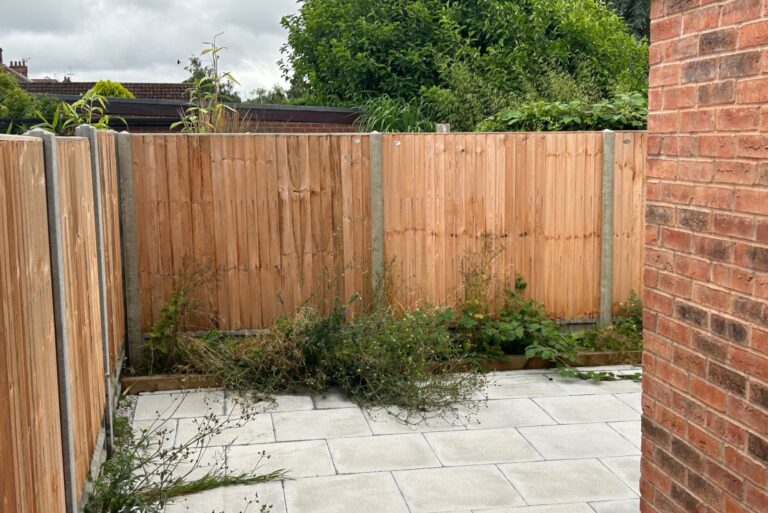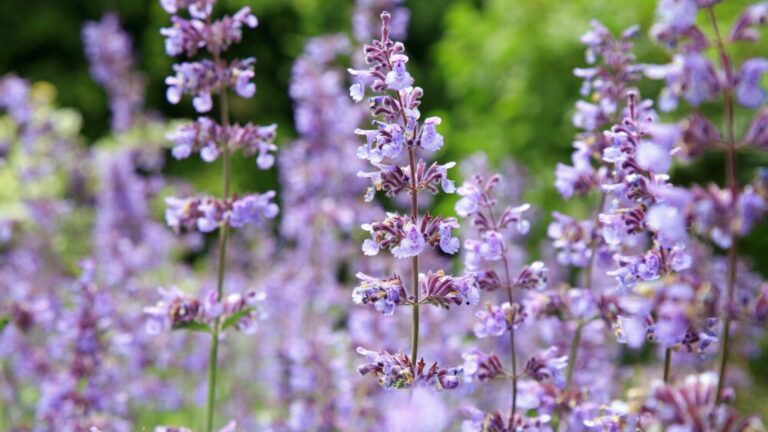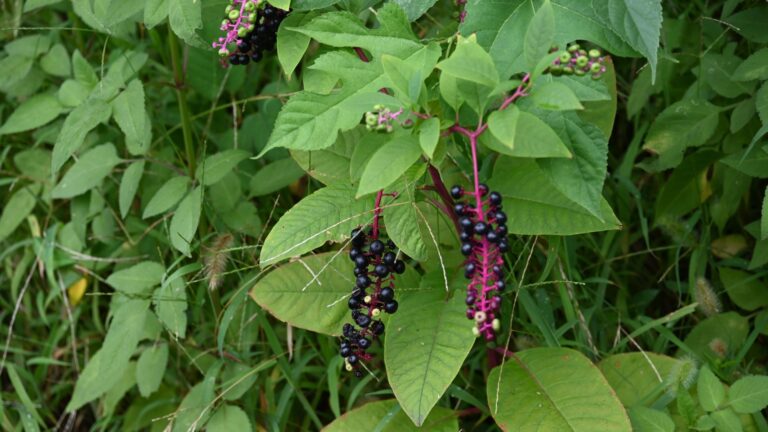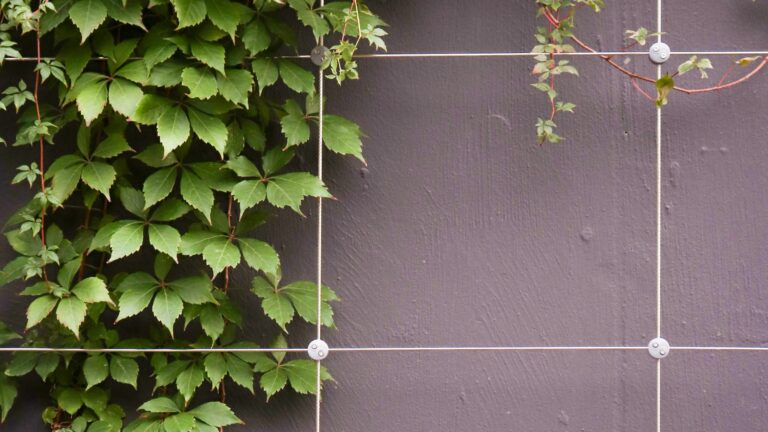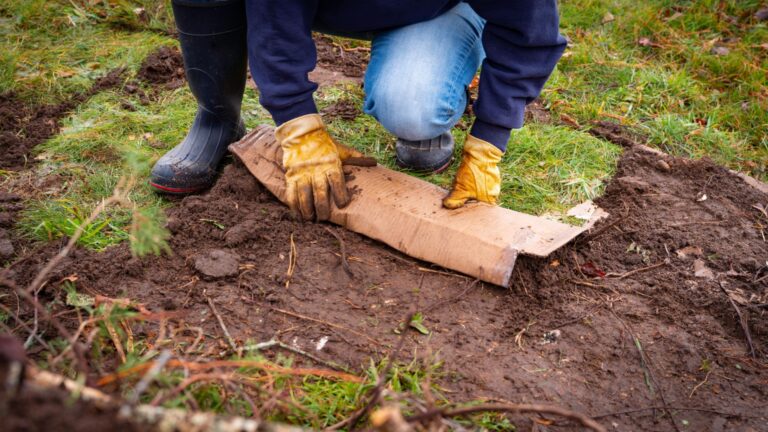8 Risky Weed Control Methods New Yorkers Should Never Try
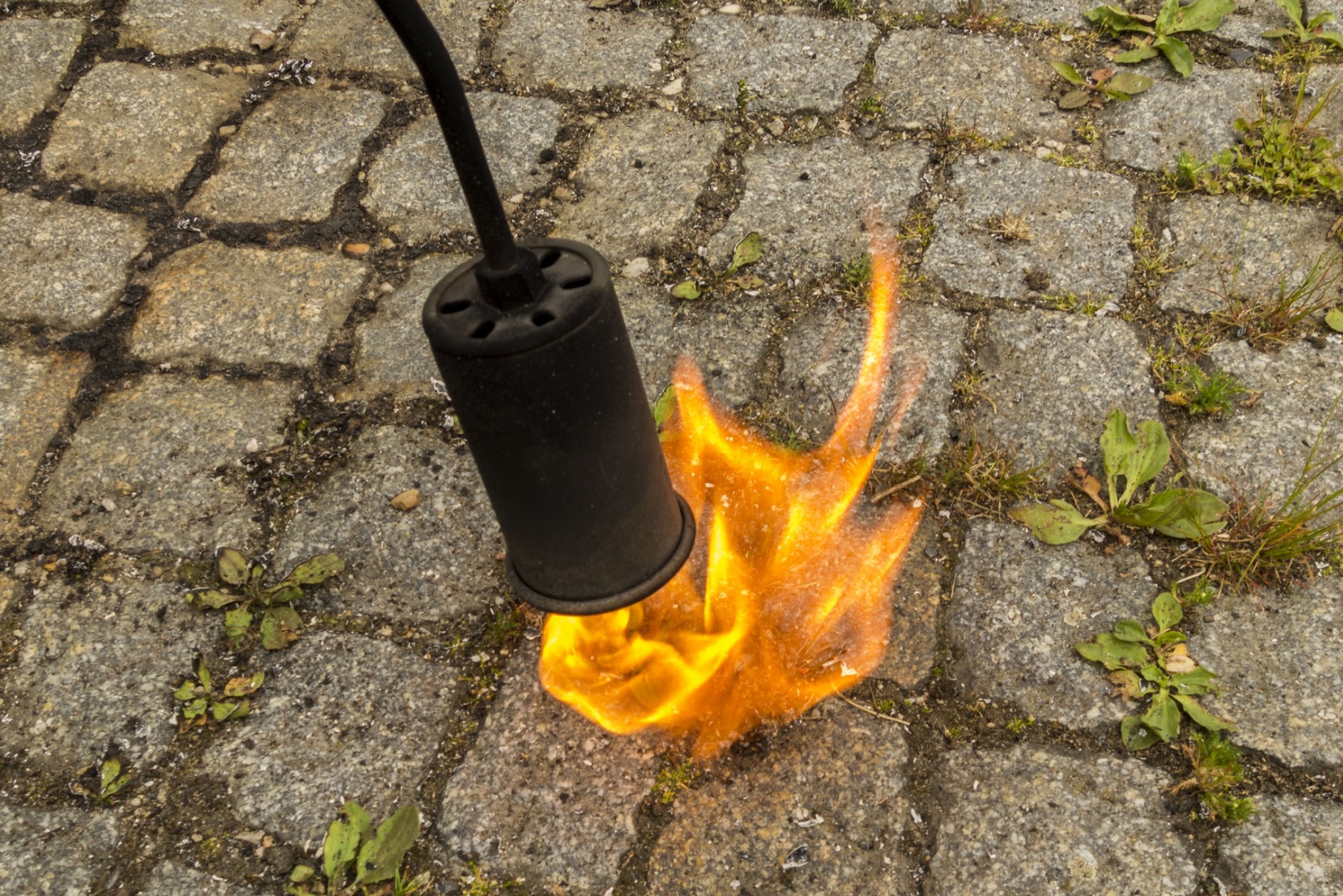
Tackling weeds in your New York garden might tempt you to try some extreme measures. Getting rid of stubborn plants can be frustrating, especially in our busy city environments where green space is precious.
But some weed-fighting methods can harm you, your pets, or the environment—sometimes even breaking local laws.
1. Pouring Bleach Directly On Soil
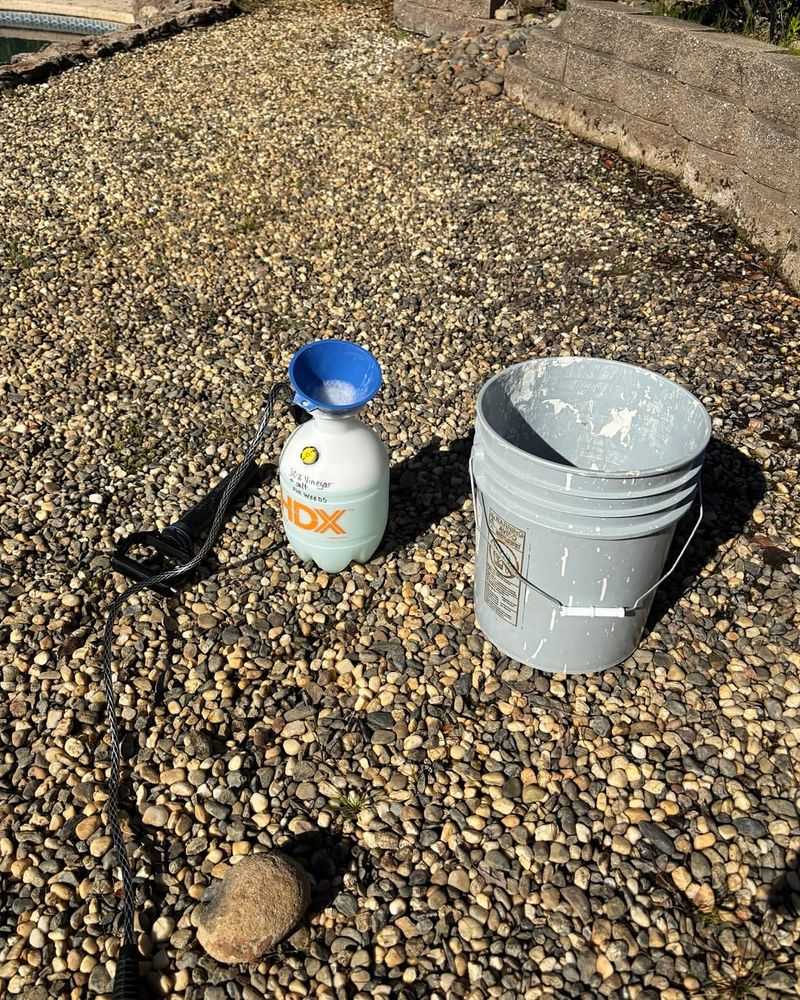
Many gardeners reach for household bleach when weeds get tough, but this harsh chemical destroys soil structure completely. The chlorine kills beneficial organisms that keep your garden healthy.
Even worse, bleach can leach into groundwater and harm nearby trees and plants you actually want to keep. The damage isn’t temporary—soil can remain sterile for months, making it impossible to grow anything in that spot.
2. Salt As A Weed Killer
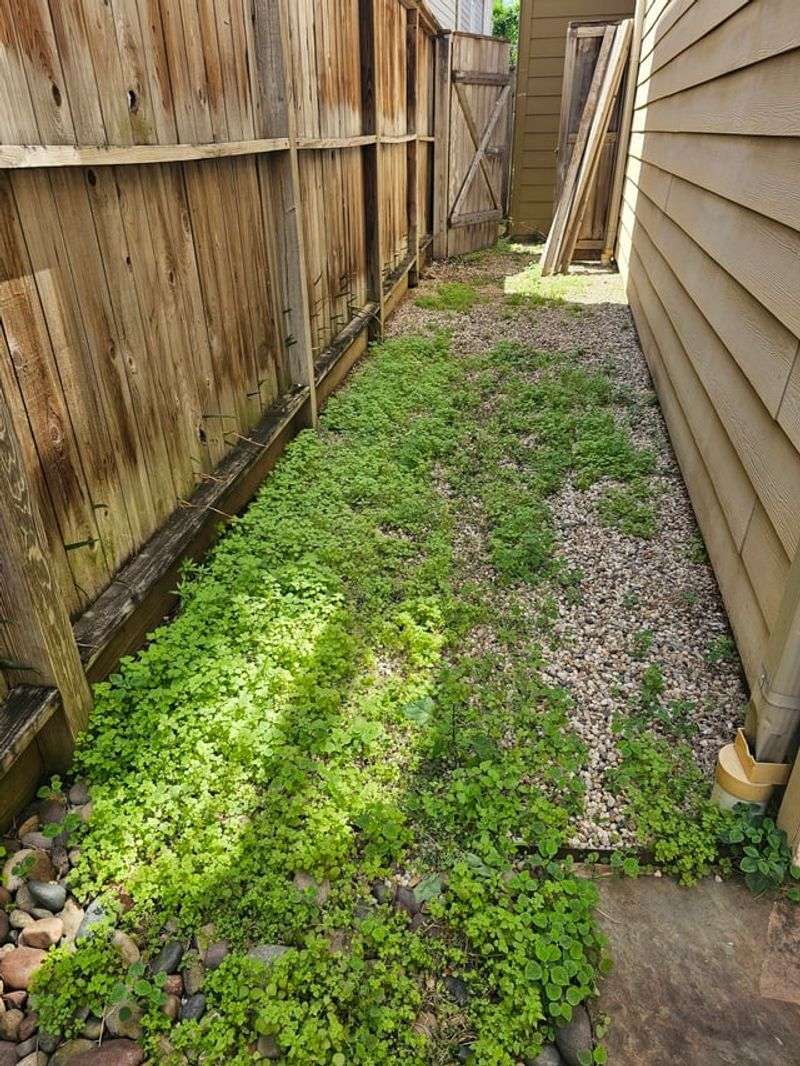
Got salt in your kitchen? It might seem like a natural alternative to chemical herbicides, but salt creates lasting soil problems that can haunt your garden for years.
When rain falls, salt doesn’t just disappear—it spreads to surrounding areas, potentially killing nearby plants you care about. Urban gardeners particularly need to avoid this method since New York’s closely packed garden spaces mean your salt solution will likely damage neighbors’ plants too.
3. Gasoline Or Other Petroleum Products
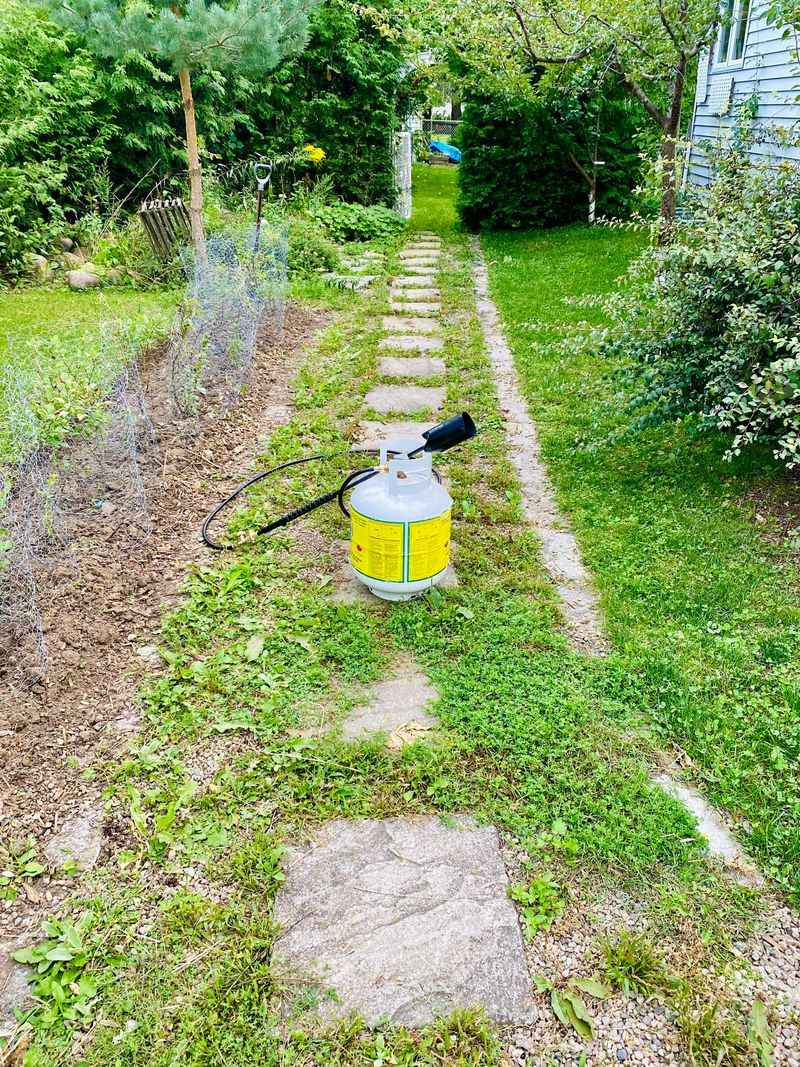
Using gasoline to kill weeds isn’t just dangerous—it’s illegal in New York City. The fumes alone create serious health and fire hazards in our densely populated neighborhoods.
Petroleum products contaminate soil for years and can seep into water supplies, creating environmental damage far beyond your garden patch. One spark near a gasoline-treated area could start a fire, putting your home and entire block at risk.
4. Homemade Vinegar Concoctions
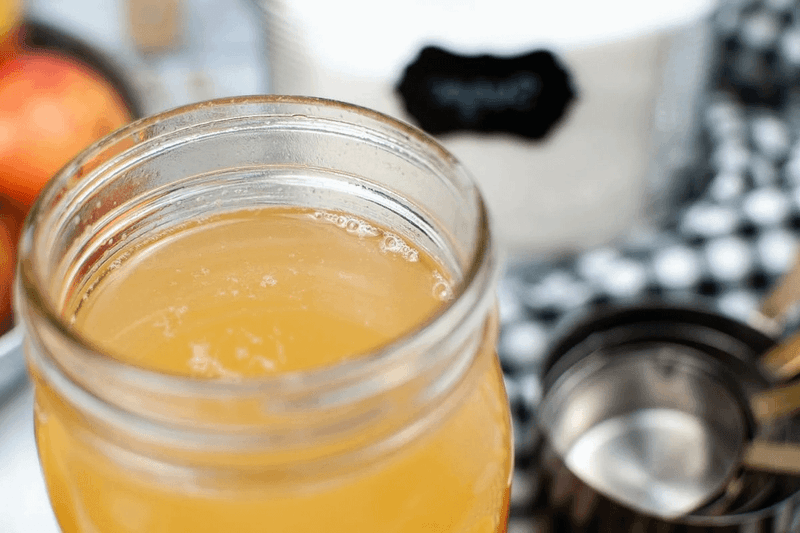
Pinterest might suggest mixing vinegar with salt and dish soap for weed control. While less toxic than chemicals, these mixtures can be surprisingly harmful in New York’s ecosystem.
Regular household vinegar isn’t strong enough to kill tough roots, leading to quick regrowth. Adding salt creates the same soil problems mentioned earlier. The dish soap component can harm beneficial insects like bees and butterflies that our city gardens desperately need for pollination.
5. Boiling Water Near Trees
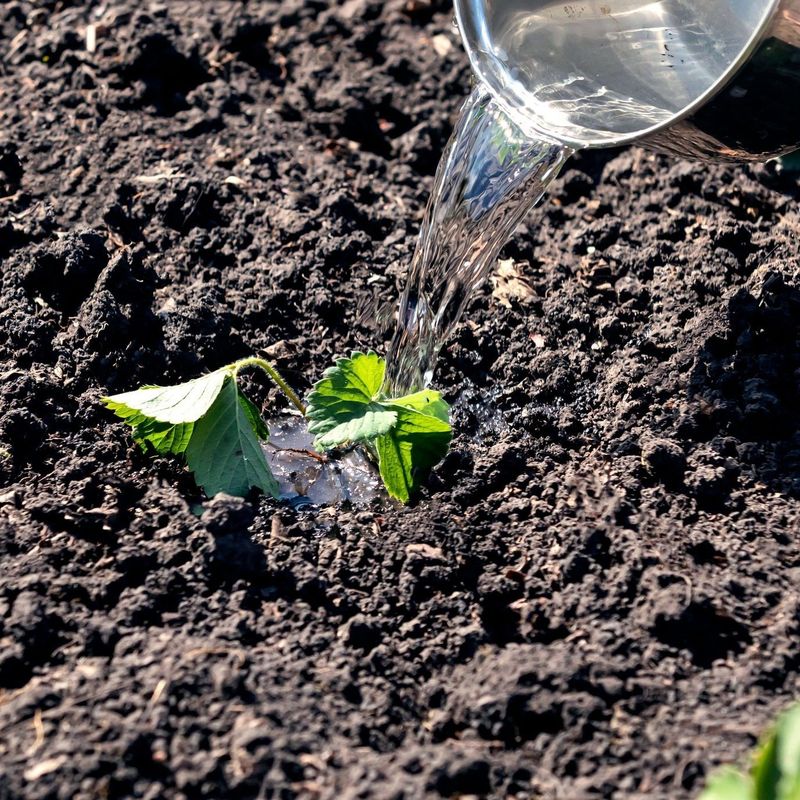
Boiling water seems like a natural weed solution, but pouring it near trees can scald their shallow roots. Many New York street trees already face tough growing conditions without this additional stress.
The scalding water might kill the visible weed but rarely reaches deep enough to destroy root systems of perennial weeds. Carrying pots of boiling water through your garden or down apartment stairs creates serious burn risks—especially in crowded city spaces.
6. Unregistered Or Banned Herbicides
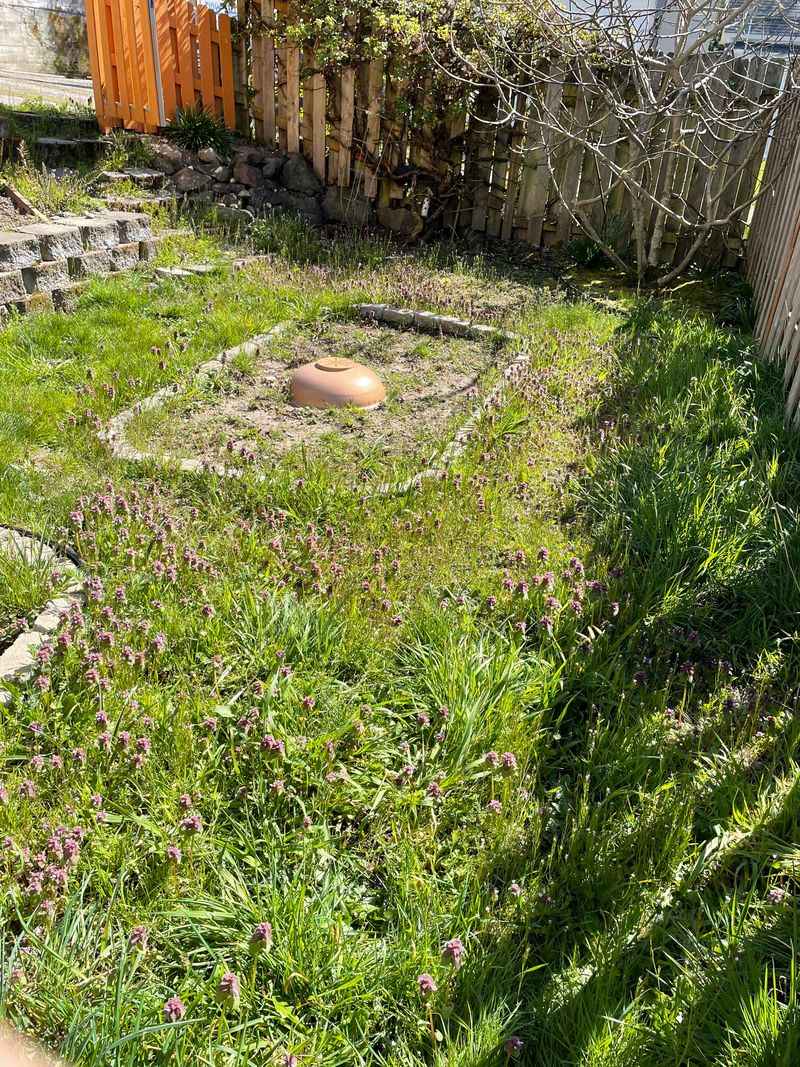
Some desperate New Yorkers order powerful herbicides online that aren’t approved for use in our state. These products might be banned for good reason—they could contain chemicals linked to cancer or other health problems.
New York has stricter regulations than many states regarding which herbicides can be used in residential areas. Using unauthorized products not only risks your health but could result in hefty fines if reported to environmental authorities.
7. Landscape Fabric In Perennial Beds
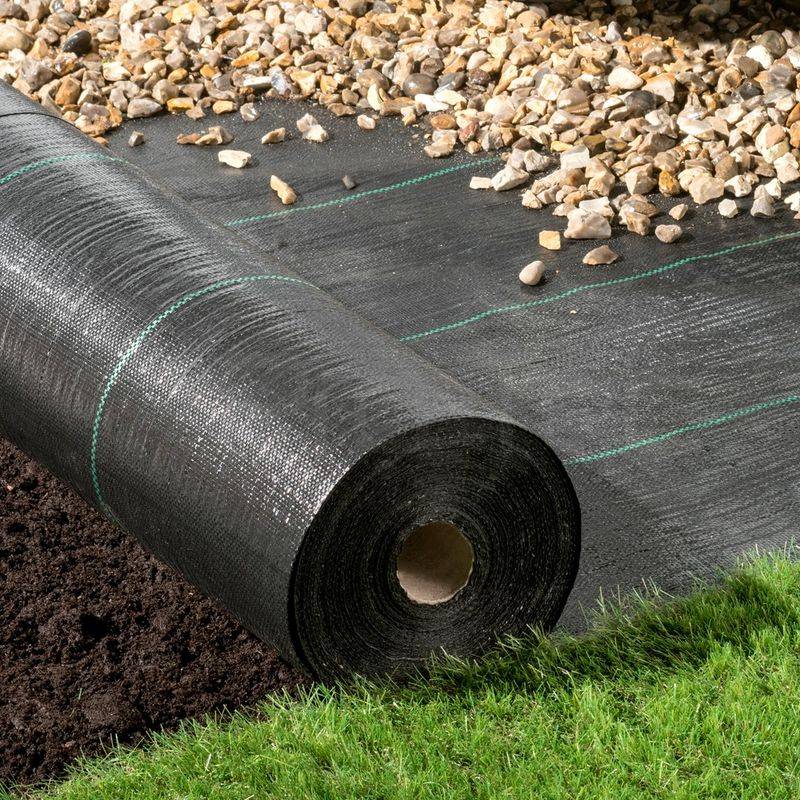
Rolling out landscape fabric might seem like a permanent weed solution for your Brooklyn or Queens garden. Unfortunately, it creates more problems than it solves in New York’s climate.
Weeds eventually grow through and on top of the fabric, becoming even harder to remove. The fabric prevents natural decomposition that enriches soil and blocks water from reaching deep roots. After a few seasons, you’ll face the messy job of removing the shredded plastic pieces from your garden.
8. Flame Weeders In Urban Settings
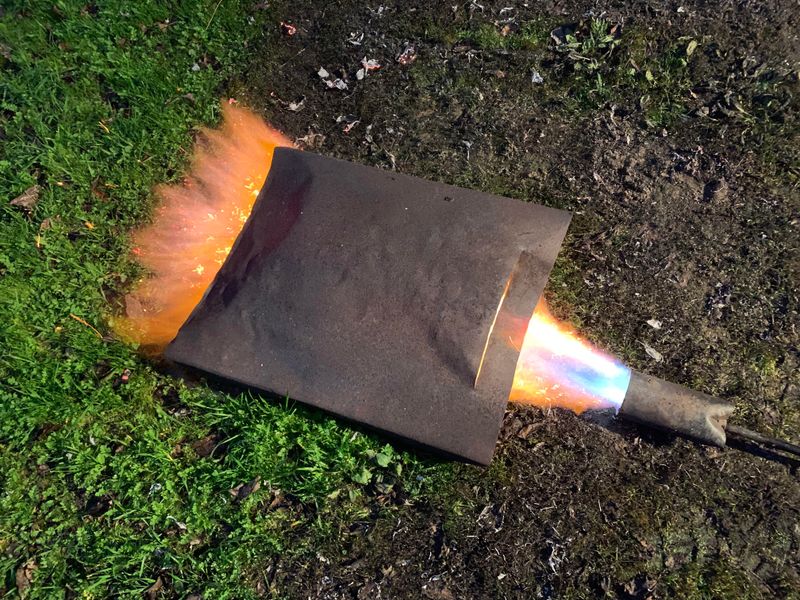
Flame weeders—devices that literally torch weeds—are incredibly dangerous in New York’s dense urban environment. One stray spark could ignite dry materials nearby, especially during summer drought conditions.
Many New York properties have wooden fences, structures, or mulched areas that could catch fire easily. Using these tools near buildings violates fire codes in most boroughs. The risk simply isn’t worth it when safer alternatives exist for managing weeds in city gardens.

